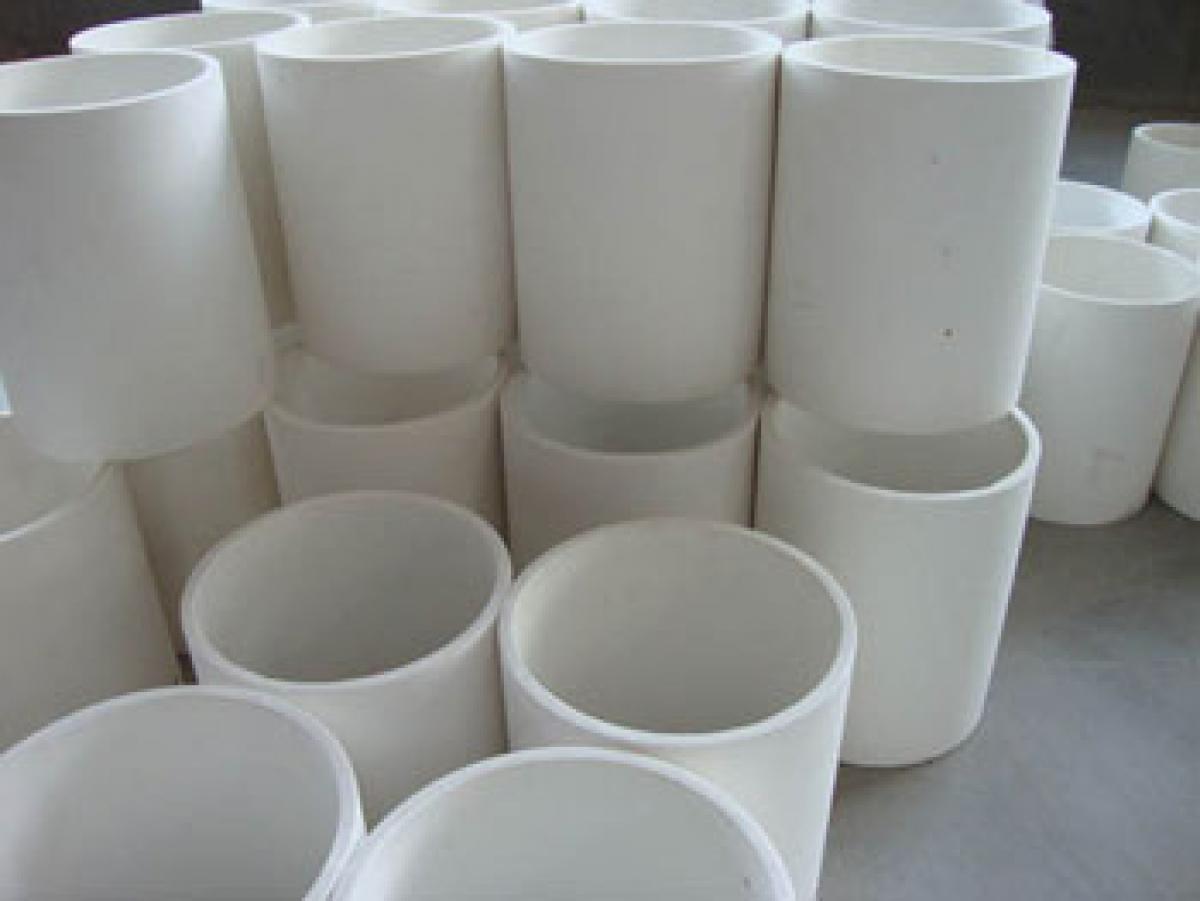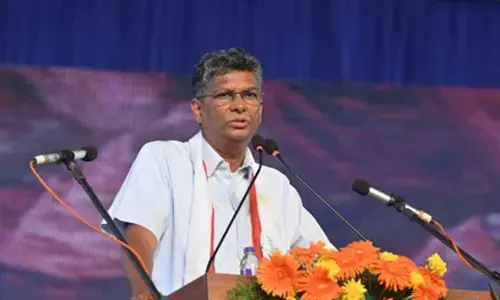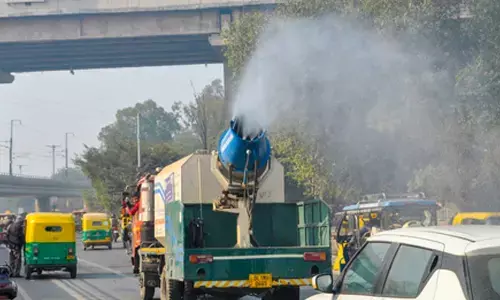Ceramic industry breaking down

The stoneware glazed (SWG) or ceramic pipe industry which flourished in Telangana State, especially in Adilabad district, for many a decade, is in crisis. The apathetic approach of the State government and the problems associated with the industry is now threatening the livelihood of thousands of workers.
 Telangana State houses India’s largest number of ceramic pipe manufacturing industries with 36 units but with no support from the government and a subsequent rise in demand for plastic, the industry is struggling to survive
Telangana State houses India’s largest number of ceramic pipe manufacturing industries with 36 units but with no support from the government and a subsequent rise in demand for plastic, the industry is struggling to survive
Hyderabad: The stoneware glazed (SWG) or ceramic pipe industry which flourished in Telangana State, especially in Adilabad district, for many a decade, is in crisis. The apathetic approach of the State government and the problems associated with the industry is now threatening the livelihood of thousands of workers.
Though ceramic pipes are known for its longevity and the excellent resistive nature to changes in temperature, the industry is waging a lone battle against the ever increasing demand for plastic.
The existing ceramic pipeline that was laid to draw water from the Harsool river to Aurangabad in Maharashtra during the 17th century gives an indication of the robust nature of ceramic pipes.
There are 36 small-scale SWG pipe manufacturing units in Telangana, which no other State in the country has. The major raw material is white clay which is abundant around Asifabad and Rebbena regions. As many as 25 SWG units have come up around Mancherial in Adilabad district.
The other units are spread across Medak, Ranga Reddy and Nalgonda districts. “While white clay mining is in the hands of only a few contractors, the manufacturing units are being fleeced by being charged double the rates,” said P Varaprasad Rao, president of Telangana SWG Pipe Manufacturers Association.
On the other hand, the inferior quality of coal, the other major requirement in pipe manufacturing, is also a major problem.
A steep rise in the price of coal from Rs 2,100 per tonne to Rs 4,200 has also hit the industry hard. Apart from this, at least 10 per cent of coal consignment is filled with shale and dust. This has been causing a huge loss to manufacturing units, according to industry sources.
“We have urged Chief Minister K Chandrashekar Rao to support the industry by using ceramic pipes in the construction of Individual Sanitary Latrines (ISLs) and other works,” Rao said, adding that “Ceramic pipes are non-corrosive and leakage proof. The pipes manufactured in the State have a huge demand in Maharashtra, Tamil Nadu and Karnataka states due to the high quality of white clay available here.”
Referring to the closure of around five units in the last few years, industry sources claim that unless the government comes to the rescue of manufacturers by streamlining the supplies of coal and white clay, besides promoting the use of ceramic pipes in State-built constructions, the livelihood of thousands of workers associated with the industry is at stake.
By:Adepu Mahender








